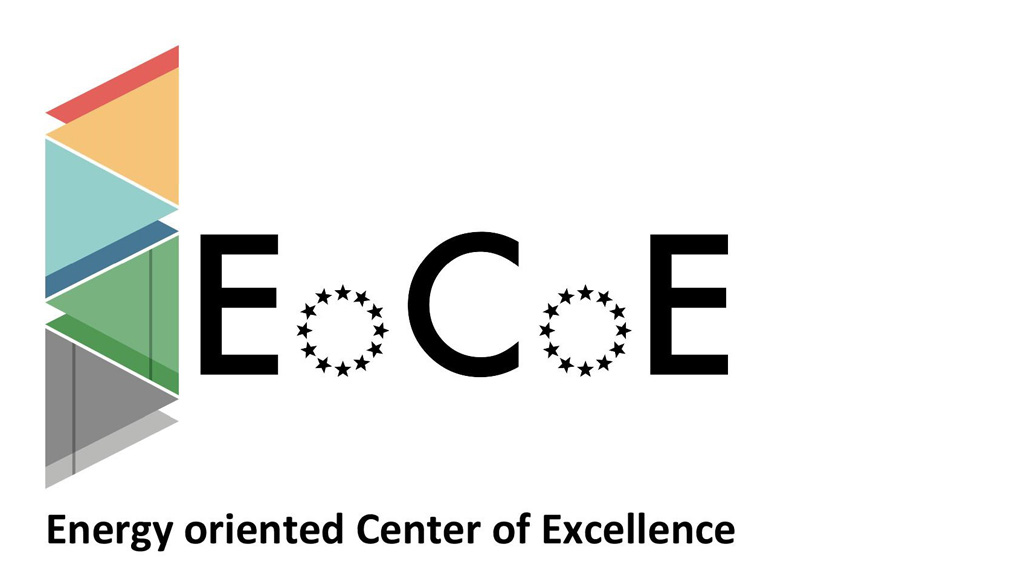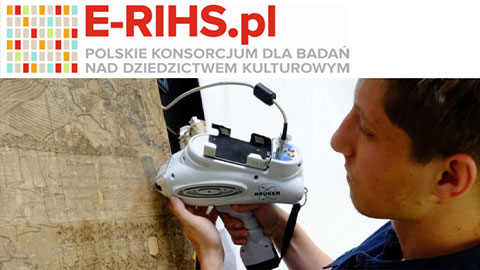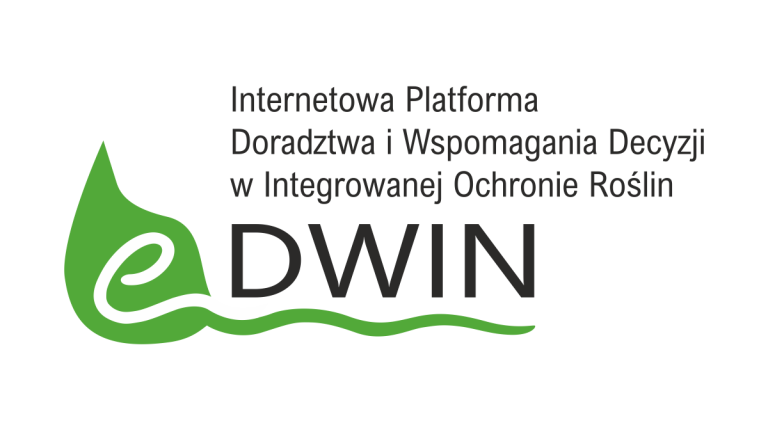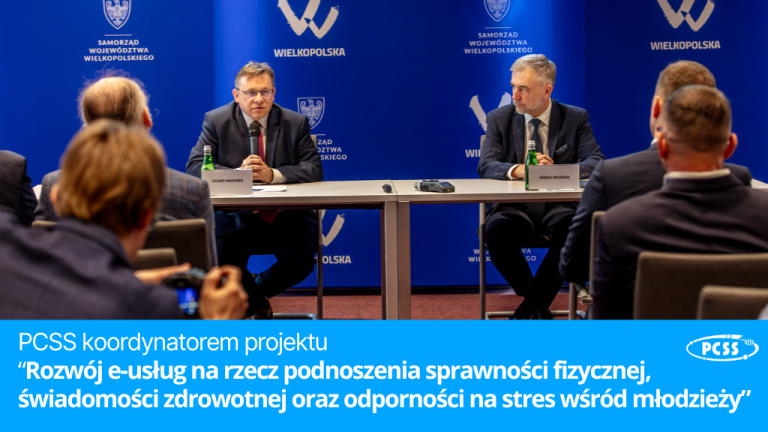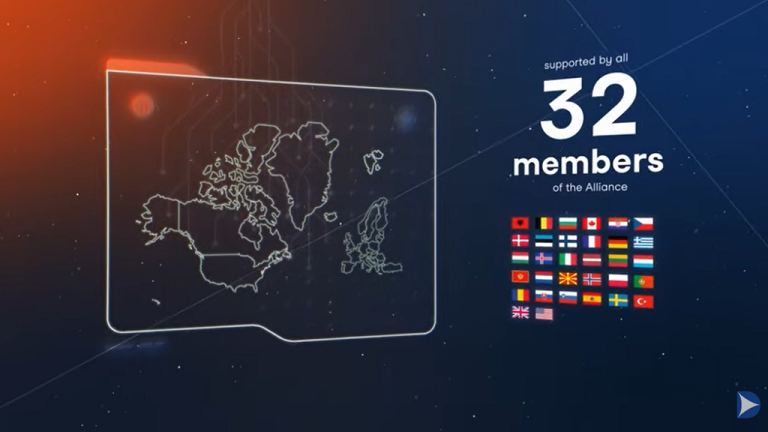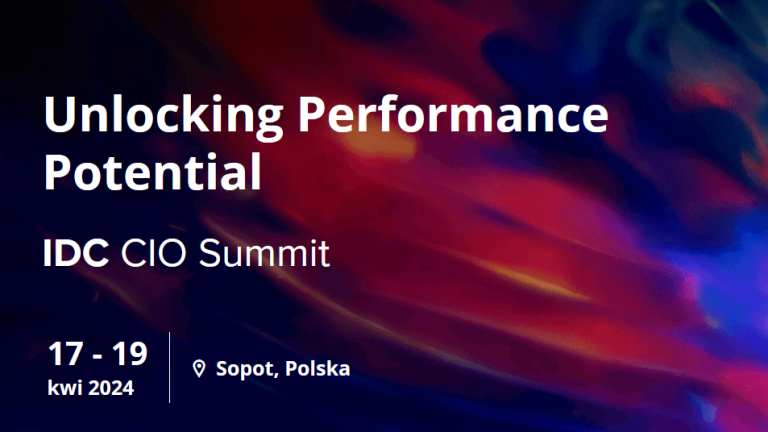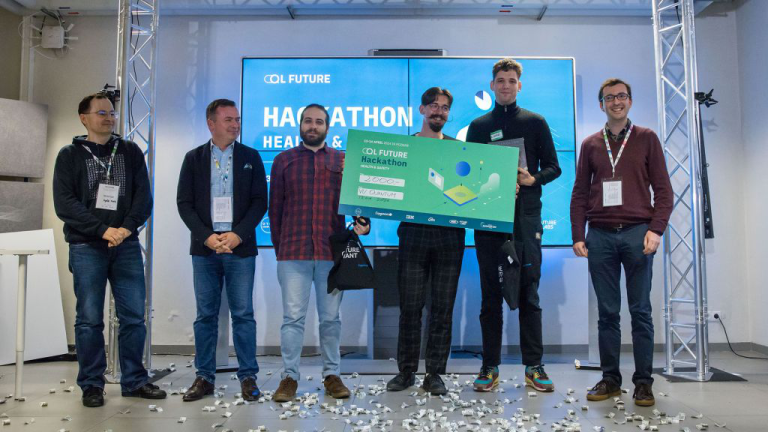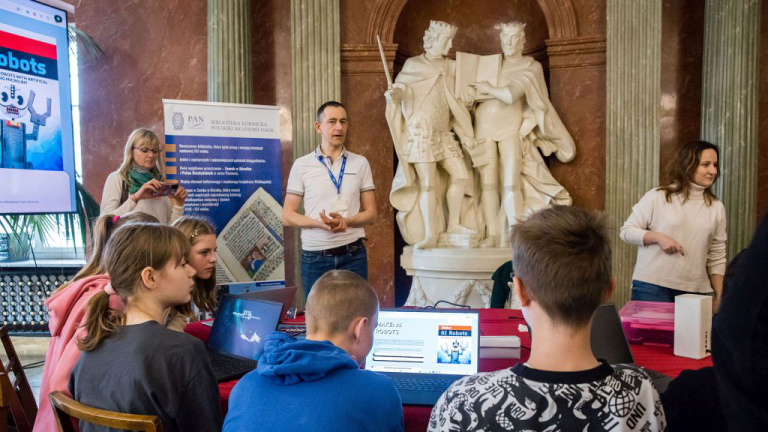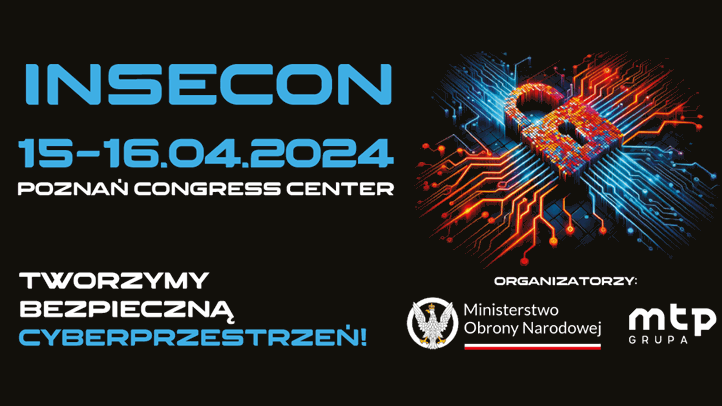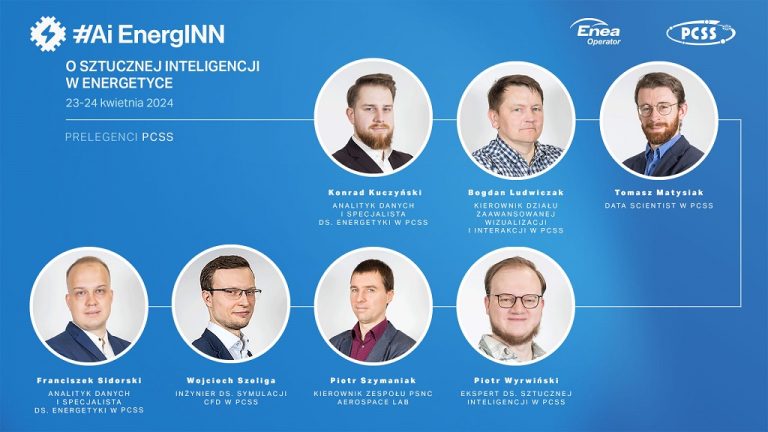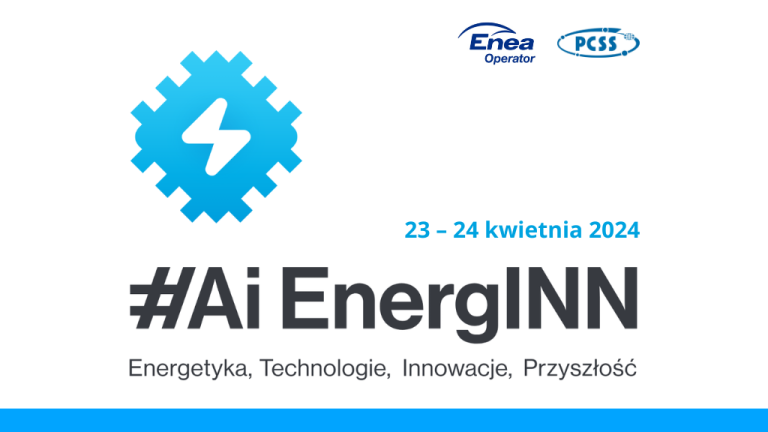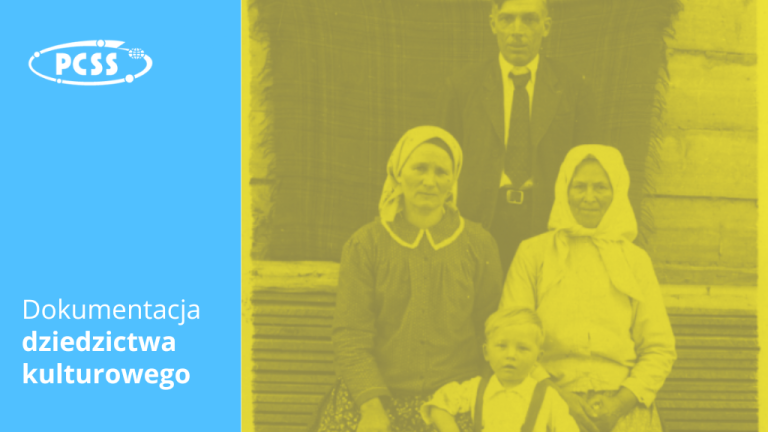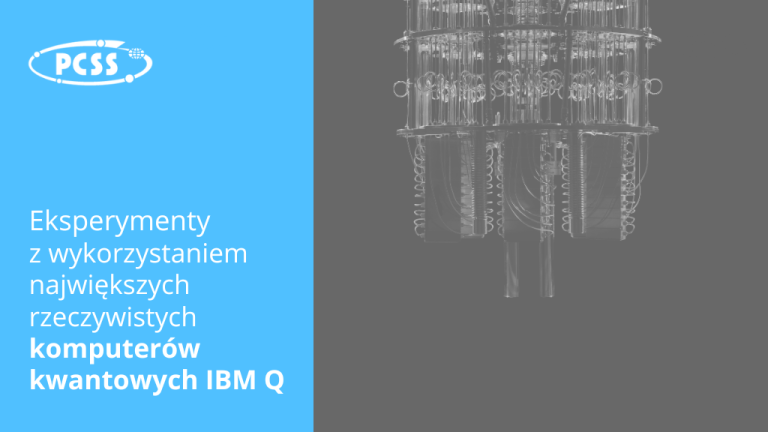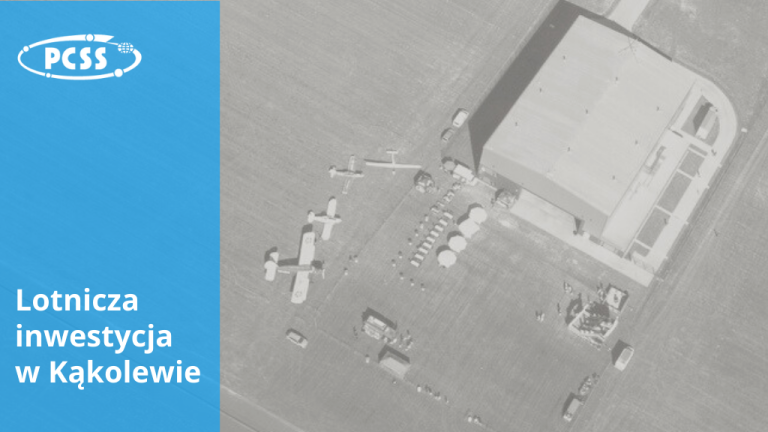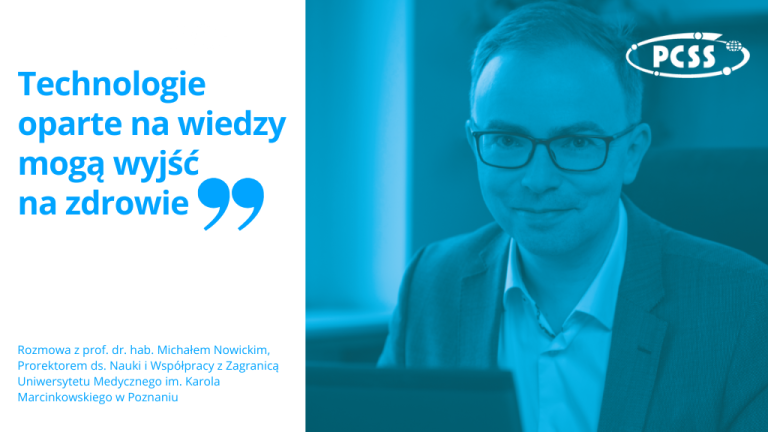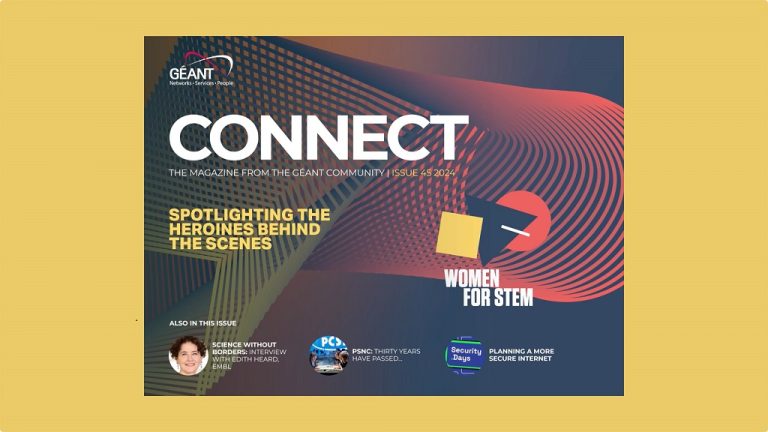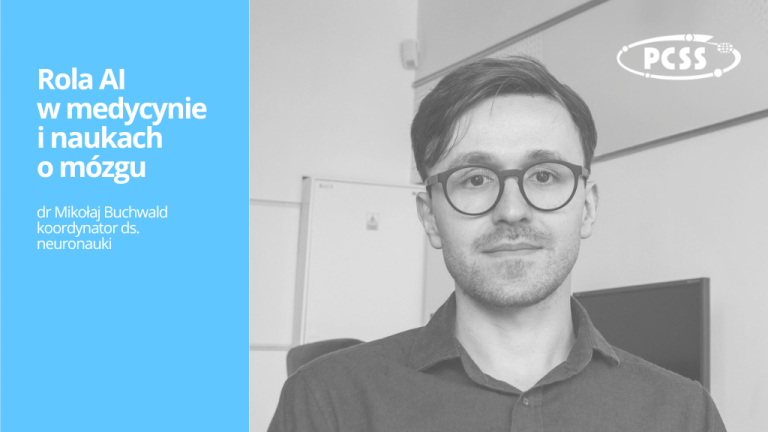EoCoE is one of the 8 centers of excellence in computing applications recently established within the Horizon 2020 programme of the European Commission. The primary objective of all the newly formed Centres of Excellence is to help strengthen Europe’s leadership in HPC applications by tackling various challenges in important areas like renewable energy, materials modelling and design, molecular and atomic modelling, climate change, Global Systems Science, bio-molecular research, and tools to improve HPC applications performance.
With a total budget of 5.5 M€, EoCoE will assist the energy transition via targeted support to four carbon-free energy pillars: Meteorology, Materials, Water and Fusion, each with a heavy reliance on numerical modeling. These four pillars will be anchored within a strong transversal multidisciplinary basis providing high-end expertise in applied mathematics and High Performance Computing (HPC). EoCoE, led by Maison de la Simulation (France), is structured around a Franco-German hub (Maison de la Simulation – Jülich Research Centre) coordinating a pan-European network, gathering a total of 8 countries and 23 teams. Its partners are strongly engaged in both the HPC and energy fields.
The Poznan Supercomputing and Networking Center HPC facilities will be one of the infrastructures contributing to the project. PSNC is also involved in the development tasks related to Fault Tolerance Interface library (FTI), paraller data interface (PDI) and the tasks related to I/O benchamrking and co-design activities for exascale hardware and software.
PSNC Digital Future Talks: Drones and the digital airport – about new technologies in the air and at the Kąkolewo airport
2024-04-10
What is a digital airport and will unmanned aerial vehicles soon serve as air taxis? What is their role in industry, defence and humanitarian aid? And will anyone be able to get a licence to fly a drone? Find the answers to these questions and more in the latest episode of the PSNC Digital Future Talks.
PSNC joined the E-RIHS PL Consortium
2024-04-09
The Poznan Supercomputing and Networking Centre has joined the Polish Consortium for Research on Cultural Heritage ERIHS PL. The aim of the Consortium is to increase knowledge of the properties and methods of conservation of materials that make up historical objects. PSNC joined it by supporting the structures with its knowledge and experience in the field of digitisation and digitisation of collections of culture, art and national heritage.
AI4EOSC 1 is out! A new toolbox for developing and running AI models in the EOSC
2024-03-29
AI4EOSC, a cutting-edge initiative at the intersection of Artificial Intelligence (AI) and the European Open Science Cloud (EOSC), is releasing the first version of the AI4EOSC platform and the AI4OS software stack which powers it. AI4EOSC provides a user-friendly workbench and toolbox for developing and running AI models, tightly integrated with the EOSC, now available for new users.
eDWIN takes part in a prestigious competition: we invite you to vote
2024-03-28
The eDWIN platform, developed in cooperation between the Poznań Supercomputing and Networking Center and the Wielkopolska Agricultural Advisory Center, has a chance to be recognised in the prestigious international WSIS competition, which selects projects and information and communication technologies to support sustainable development. The eDWIN platform has been nominated in the e-Agriculture category.
Creating a modern online platform for young athletes
2024-03-26
"Development of e-services to improve physical fitness, health awareness and stress resistance among young people" is a project that will create a modern online platform dedicated to young athletes, facilitating access to training and promoting an active lifestyle. The project is coordinated by the Poznań Supercomputing and Networking Center, while the partners include Koszykarski Klub Sportowy Basket Poznań and KKS Sporty Walki.
Announcement of the new map of NATO Defence Innovation Accelerators under the DIANA programme
2024-03-15
On 14 March 2024, a new map of test and accelerator areas under the NATO's Defence Innovation Accelerator for the North Atlantic (DIANA) programme was announced. The PSNC AerospaceLab in Kąkolewo is one of dozens of locations already selected in the North Atlantic Alliance for test centres (DIANA Test Centres). A new Polish contribution to the programme is the AGH University of Krakow, which together with the Krakow Technology Park will jointly run a branch of the NATO Defence Innovation Accelerator (Krakow DIANA Accelerator).
PSNC at IDC CIO Summit in Sopot
2024-04-19
The importance and role of the CIO (Chief Information Officer) was the main topic of a three-day meeting (17-19 April 2024) held in Sopot. During the event, which was held under the slogan 'Unlocking Performance Potential', Marcin Płóciennik, Head of the Internet of Things Technology Department at the Poznań Supercomputing and Networking Center, hosted a round table on the data space.
QL Future Hackathon 2024
2024-04-18
It was a quantum weekend at PSNC Future Labs! For two days on 13 and 14 April, quantum technology enthusiasts competed in the second edition of the QL Future Hackathon. The event was organised by PSNC Future Labs in collaboration with Orca Computing, Capgemini, IBM and ID Quantique. Teams had 24 hours to come up with an innovative idea or technology solution in the areas of people, planet and climate.
17th Poznań Festival of Science and Art
2024-04-17
The Poznań Festival of Science and Art has become a permanent fixture in the calendar of popular science events in the capital of the Wielkopolska region. This year's 17th edition began on Monday 15 April and will last until Saturday 20 April. For several years now, the Poznan Supercomputing and Networking Center and the Institute of Bioorganic Chemistry have been actively involved in the organisation of the festival, preparing numerous attractions for the youngest inhabitants of Poznan.
PSNC at the INSECON Congress
2024-04-17
The INSECON Congress (15-16 April 2024) is a platform for gaining knowledge, establishing business relationships and exchanging experiences with cyber security professionals. The event, organised by the Poznań International Fair and the Ministry of National Defence, was attended by representatives of the ICT Security Department of the Poznań Supercomputing and Networking Center.
Ai_EnergINN 2024: presentations by PSNC representatives
2024-04-05
Ai_EnergINN is an industry conference dedicated to the use of artificial intelligence (AI) in the energy sector, to which we invite you together with Enea Operator on 23-24 April 2024 at the Poznań International Fair. The event will feature presentations divided into several thematic blocks, with the participation of representatives of the Poznań Supercomputing and Networking Center.
Ai_EnergINN 2024 – About artificial intelligence in the energy industry
2024-03-27
How does an unmanned meter storage work? Do VR and AR also work well in the energy industry? How does nuclear fusion determine the future of energy? These are just a few of the topics that will be widely discussed during #Ai_EnergINN - a conference organised by Enea Operator and the Poznań Supercomputing and Networking Center. The conference will be held at the Poznan International Fair on 23-24 April as part of EXPOPOWER.
Dariah.lab: cultural heritage documentation
2024-04-19
Thanks to the Dariah.lab infrastructure, the first pilot projects for the preservation and dissemination of cultural heritage resources have been implemented in 2023. Dariah.lab is a research infrastructure for the humanities and arts, built as part of the DARIAH-PL project. It serves to acquire, store and integrate cultural data from the humanities and social sciences, and to process, visualise and share digital resources.
Experiments using the largest IBM Q quantum computers
2024-04-14
The Polish Quantum Computing Node established at the Poznań Supercomputing and Networking Center - IBM Quantum Innovation Center - focused its activities in 2023 on expanding partnerships with leading centers and teams dealing with the development of quantum algorithms and their potential applications.
Aviation investment in Kąkolewo
2024-04-12
The construction of the hangar with laboratory and research facilities and its equipment is carried out as part of the "AEROSFERA" project. “The airport of things”. The main objective of the project is to provide Kąkolewo Airport with scientific and research infrastructure for conducting research and development work in the fields of air transport, utility operations, logistics, monitoring, surveillance and neutralisation of incidents and disasters.
“Knowledge-based technologies can be good for health” – an interview with Professor Michał Nowicki
2024-04-07
We invite you to read an interview with Prof. Dr. Michał Nowicki, Vice-Rector for Research and International Relations, Poznan University of Medical Sciences, in which he discusses issues related to the use of modern ICT technologies in a variety of health and medical contexts.
About PSNC anniversary in GÉANT CONNECT
2024-04-03
The latest issue of "CONNECT" magazine, which focuses on the GÉANT network and community, published an article on three decades of activity of the Poznan Supercomputing and Networking Center. The publication describes the most important events in the history of the PSNC, which is an important international node of the European Research Area in the field of information technology infrastructure for science and an important research and development center for information and communication technologies.
The role of artificial intelligence in medicine and neuroscience
2024-03-18
The search for reliable and efficient algorithms to facilitate the work of doctors, the search for new biological markers for specific diseases, the support of diagnosis and better methods for quantifying the therapeutic process are among the greatest challenges of modern societies, which are being addressed at the Poznan Supercomputing and Networking Center.
PSNC Digital Future Talks: Drones and the digital airport – about new technologies in the air and at the Kąkolewo airport
2024-04-10
What is a digital airport and will unmanned aerial vehicles soon serve as air taxis? What is their role in industry, defence and humanitarian aid? And will anyone be able to get a licence to fly a drone? Find the answers to these questions and more in the latest episode of the PSNC Digital Future Talks.
PSNC at IDC CIO Summit in Sopot
2024-04-19
The importance and role of the CIO (Chief Information Officer) was the main topic of a three-day meeting (17-19 April 2024) held in Sopot. During the event, which was held under the slogan 'Unlocking Performance Potential', Marcin Płóciennik, Head of the Internet of Things Technology Department at the Poznań Supercomputing and Networking Center, hosted a round table on the data space.
Dariah.lab: cultural heritage documentation
2024-04-19
Thanks to the Dariah.lab infrastructure, the first pilot projects for the preservation and dissemination of cultural heritage resources have been implemented in 2023. Dariah.lab is a research infrastructure for the humanities and arts, built as part of the DARIAH-PL project. It serves to acquire, store and integrate cultural data from the humanities and social sciences, and to process, visualise and share digital resources.
PSNC joined the E-RIHS PL Consortium
2024-04-09
The Poznan Supercomputing and Networking Centre has joined the Polish Consortium for Research on Cultural Heritage ERIHS PL. The aim of the Consortium is to increase knowledge of the properties and methods of conservation of materials that make up historical objects. PSNC joined it by supporting the structures with its knowledge and experience in the field of digitisation and digitisation of collections of culture, art and national heritage.
QL Future Hackathon 2024
2024-04-18
It was a quantum weekend at PSNC Future Labs! For two days on 13 and 14 April, quantum technology enthusiasts competed in the second edition of the QL Future Hackathon. The event was organised by PSNC Future Labs in collaboration with Orca Computing, Capgemini, IBM and ID Quantique. Teams had 24 hours to come up with an innovative idea or technology solution in the areas of people, planet and climate.
Experiments using the largest IBM Q quantum computers
2024-04-14
The Polish Quantum Computing Node established at the Poznań Supercomputing and Networking Center - IBM Quantum Innovation Center - focused its activities in 2023 on expanding partnerships with leading centers and teams dealing with the development of quantum algorithms and their potential applications.
AI4EOSC 1 is out! A new toolbox for developing and running AI models in the EOSC
2024-03-29
AI4EOSC, a cutting-edge initiative at the intersection of Artificial Intelligence (AI) and the European Open Science Cloud (EOSC), is releasing the first version of the AI4EOSC platform and the AI4OS software stack which powers it. AI4EOSC provides a user-friendly workbench and toolbox for developing and running AI models, tightly integrated with the EOSC, now available for new users.
17th Poznań Festival of Science and Art
2024-04-17
The Poznań Festival of Science and Art has become a permanent fixture in the calendar of popular science events in the capital of the Wielkopolska region. This year's 17th edition began on Monday 15 April and will last until Saturday 20 April. For several years now, the Poznan Supercomputing and Networking Center and the Institute of Bioorganic Chemistry have been actively involved in the organisation of the festival, preparing numerous attractions for the youngest inhabitants of Poznan.
Aviation investment in Kąkolewo
2024-04-12
The construction of the hangar with laboratory and research facilities and its equipment is carried out as part of the "AEROSFERA" project. “The airport of things”. The main objective of the project is to provide Kąkolewo Airport with scientific and research infrastructure for conducting research and development work in the fields of air transport, utility operations, logistics, monitoring, surveillance and neutralisation of incidents and disasters.
eDWIN takes part in a prestigious competition: we invite you to vote
2024-03-28
The eDWIN platform, developed in cooperation between the Poznań Supercomputing and Networking Center and the Wielkopolska Agricultural Advisory Center, has a chance to be recognised in the prestigious international WSIS competition, which selects projects and information and communication technologies to support sustainable development. The eDWIN platform has been nominated in the e-Agriculture category.
PSNC at the INSECON Congress
2024-04-17
The INSECON Congress (15-16 April 2024) is a platform for gaining knowledge, establishing business relationships and exchanging experiences with cyber security professionals. The event, organised by the Poznań International Fair and the Ministry of National Defence, was attended by representatives of the ICT Security Department of the Poznań Supercomputing and Networking Center.
“Knowledge-based technologies can be good for health” – an interview with Professor Michał Nowicki
2024-04-07
We invite you to read an interview with Prof. Dr. Michał Nowicki, Vice-Rector for Research and International Relations, Poznan University of Medical Sciences, in which he discusses issues related to the use of modern ICT technologies in a variety of health and medical contexts.
Creating a modern online platform for young athletes
2024-03-26
"Development of e-services to improve physical fitness, health awareness and stress resistance among young people" is a project that will create a modern online platform dedicated to young athletes, facilitating access to training and promoting an active lifestyle. The project is coordinated by the Poznań Supercomputing and Networking Center, while the partners include Koszykarski Klub Sportowy Basket Poznań and KKS Sporty Walki.
Ai_EnergINN 2024: presentations by PSNC representatives
2024-04-05
Ai_EnergINN is an industry conference dedicated to the use of artificial intelligence (AI) in the energy sector, to which we invite you together with Enea Operator on 23-24 April 2024 at the Poznań International Fair. The event will feature presentations divided into several thematic blocks, with the participation of representatives of the Poznań Supercomputing and Networking Center.
About PSNC anniversary in GÉANT CONNECT
2024-04-03
The latest issue of "CONNECT" magazine, which focuses on the GÉANT network and community, published an article on three decades of activity of the Poznan Supercomputing and Networking Center. The publication describes the most important events in the history of the PSNC, which is an important international node of the European Research Area in the field of information technology infrastructure for science and an important research and development center for information and communication technologies.
Announcement of the new map of NATO Defence Innovation Accelerators under the DIANA programme
2024-03-15
On 14 March 2024, a new map of test and accelerator areas under the NATO's Defence Innovation Accelerator for the North Atlantic (DIANA) programme was announced. The PSNC AerospaceLab in Kąkolewo is one of dozens of locations already selected in the North Atlantic Alliance for test centres (DIANA Test Centres). A new Polish contribution to the programme is the AGH University of Krakow, which together with the Krakow Technology Park will jointly run a branch of the NATO Defence Innovation Accelerator (Krakow DIANA Accelerator).
Ai_EnergINN 2024 – About artificial intelligence in the energy industry
2024-03-27
How does an unmanned meter storage work? Do VR and AR also work well in the energy industry? How does nuclear fusion determine the future of energy? These are just a few of the topics that will be widely discussed during #Ai_EnergINN - a conference organised by Enea Operator and the Poznań Supercomputing and Networking Center. The conference will be held at the Poznan International Fair on 23-24 April as part of EXPOPOWER.
The role of artificial intelligence in medicine and neuroscience
2024-03-18
The search for reliable and efficient algorithms to facilitate the work of doctors, the search for new biological markers for specific diseases, the support of diagnosis and better methods for quantifying the therapeutic process are among the greatest challenges of modern societies, which are being addressed at the Poznan Supercomputing and Networking Center.

